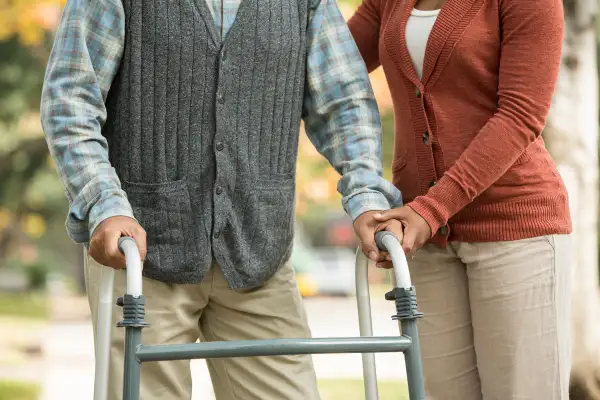These Are the Best and Worst States for Growing Older

When it comes to senior care, you generally get what you pay for. In most states, low costs correlate with relatively poor elder care and vice versa. But there are exceptions—a few states offer the right combination of high-quality senior care services at a lower cost, as well as an excellent quality of life.
Those are the findings of a new study from Caring.com, an online care-giving adviser, which ranked the best and worst states for aging. The rankings are based in part on long-term care services (home health aides, assisted living facilities, and nursing homes), as reported in the Genworth cost of care survey. Other metrics included health care, quality of care, quality of life and well-being data from research led by AARP and Gallup-Healthways, as well as consumer ratings of senior care providers.
South Dakota leads the pack as the best state to grow old in, according to the survey. The state earned top scores for high-quality health care and senior care, as well as one of the highest well-being ratings. Iowa came in second, followed by Minnesota, Alaska and Oregon.
Landing in the bottom five are Indiana, Kentucky, New York, New Jersey and West Virginia, which ranks as the worst state to grow old. Although long-term care is relatively affordable in West Virginia, the state lagged on quality of life and ranked dead last in the health care category.
The sunny states that are traditionally viewed as retirement destinations didn't crack the top 10. California is listed at 17, Arizona ranks 20, and Florida, which helped popularize the notion of a snowbird retirement, comes in at 31.
That may seem surprising, but other research echoes the findings. LPL Financial recently ranked the best states for retirement based on economic growth, residents' finances, access to health care, affordable and age-friendly housing, employment and education opportunities, and residents’ overall wellness. It rates Florida No. 38, while South Dakota and Wyoming rank at the top and New York near the bottom.
Calculator: I'm retired, how long will my savings last?
Surveys like these show how retirement is evolving. Previous generations aspired to a retirement filled with leisure in a warm climate. Today’s retirees understand they will live to 88 or 98. They want to work longer, take a class, take care of their health, and keep costs down to live well all those years. Fair weather may be far down the list of priorities.
The cost and quality of elder care are a big part of well being as you age. Other factors like being near family and friends and overall quality of life are equally important. So it makes sense to start thinking about where you will retire long before you stake that step.
